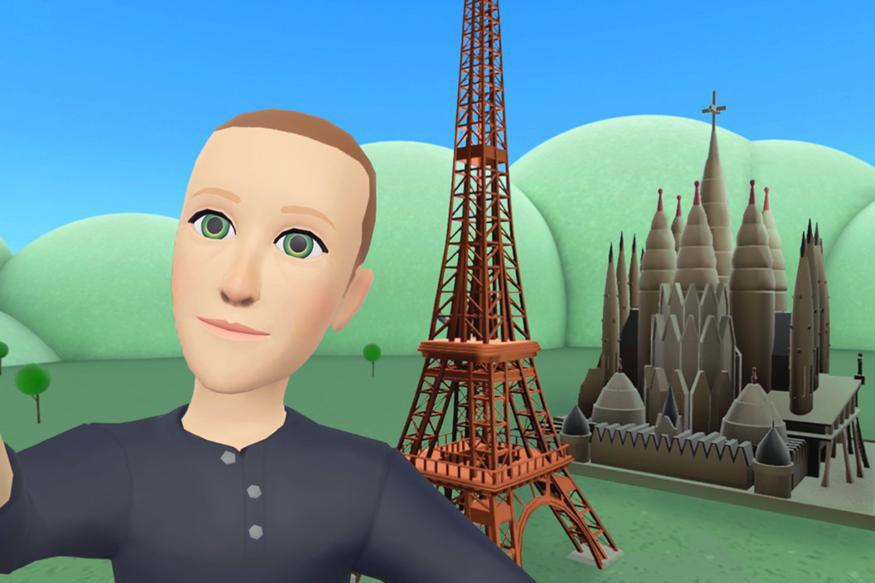
1 minute read
Will Virtual Reality Take Over the World?
Mark Zuckerberg’s latest grab at world domination
Jonah Jarrett, Staff Writer
If you’ve ever read or watched
Ready Player One, I’m sure this idea is not unfamiliar to you: A dystopian future where the public ignores their mundane and poverty-stricken lives by escaping into a digital world ruled by corporations that profit off of the technology that society is dependent upon. This dystopian future that once seemed like nothing more than a sci-fi story seems likely now more than ever, with Facebook purchasing the VR company Oculus and changing their company’s name from “Facebook” to Meta. Meta is using this technology to build what they call the “Metaverse,” a digital social network where you can work, game, and connect. You can access the Metaverse on your smartphone, computer, or a (Meta brand) VR headset. Meta says that their “hope is that in the next decade it will reach a billion people.”
Keen readers may notice that this project seems incredibly ambitious, and possibly too much so, being advertised as “the next evolution in social connection and the successor to the mobile internet.” In spite of this, there are many reasons that this idea is out of reach for the public. First and foremost, Metaverse doesn’t have many features. On its initial announcement, the platform seemed barebones, but promises were made to update it. Over a year later, the platform still lacks features present in most VR games and chatrooms. The games are poorly reviewed and often include NFTs, which are digital assets available for purchase that can be resold and are a controversial topic in themselves, which may alienate Meta’s audience. Besides all of this, most families could not afford to purchase an expensive Meta VR headset to participate in the Metaverse. Additionally, people are hesitant to trust a company with so much










